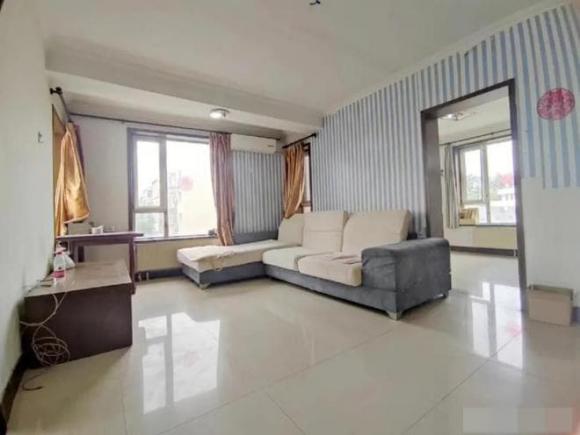One of the first things we consider when buying a home is its direction. Our ancestors had a saying: “The rich should not buy a house facing east, and the poor should avoid buying one facing west.” What does this ancient wisdom mean?
When it comes to choosing between a house facing east and one facing west, it can be a challenging decision. In reality, both directions have their unique advantages and disadvantages.

The Balance Between East and West-Facing Homes
One of the most obvious benefits of an east-facing home is the abundance of morning sunlight. As the sun rises, the house is filled with warm, natural light, creating a pleasant and inviting atmosphere. Moreover, eastern sunlight is generally softer and less harsh than western sunlight, providing just the right amount of brightness without the intense heat. This can be especially beneficial for families with elderly members or young children, as it keeps the home comfortable and cozy.
However, one downside to consider with east-facing homes is their tendency to be more humid, particularly during rainy seasons or periods of high humidity. This can result in a damp and slippery environment, which may be uncomfortable for some. In contrast, west-facing homes tend to be drier and less affected by humidity issues.
While west-facing homes benefit from afternoon sunlight, it is important to note that this sunlight can be intense and lead to a significant increase in temperature inside the house. The direct exposure to the sun’s rays can make the interior uncomfortably hot, similar to being in a sauna. As a result, air conditioning may be required more frequently, which can drive up electricity costs.

The Choice is Yours: East or West?
One advantage of choosing a west-facing home is that they tend to be drier and less prone to prolonged periods of humidity, as mentioned earlier. This can be a significant benefit for those who are sensitive to damp environments.
The saying, “The rich should not buy in the east, and the poor should avoid the west,” offers a general guideline. Typically, those with financial means prioritize comfort and experience when purchasing a home. Ultimately, the decision between an east-facing or west-facing home depends on the preferences and beliefs of the homeowner, including considerations of their Feng Shui or astrological sign.
Nowadays, it is relatively easy to mitigate the disadvantages of either direction. For example, if humidity is an issue, a dehumidifier can be used, and if the temperature is too high, air conditioning can provide a simple solution. As a result, buyers can focus on choosing a home that aligns with their personal tastes and preferences without worrying about these minor inconveniences.
Why Does My Laptop Screen Have Moisture on It?
A laptop with a damp screen is an all-too-familiar issue that can be incredibly frustrating and disruptive to a user’s productivity. It is a delicate matter that requires careful attention to detail to resolve effectively. The impact of a damp laptop screen can be far-reaching, from impaired visibility to potential long-term damage if left untreated. It is crucial to address this problem promptly and with the right expertise to ensure a seamless and efficient resolution.





































